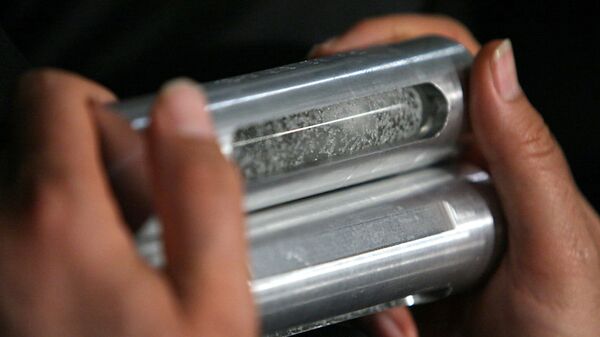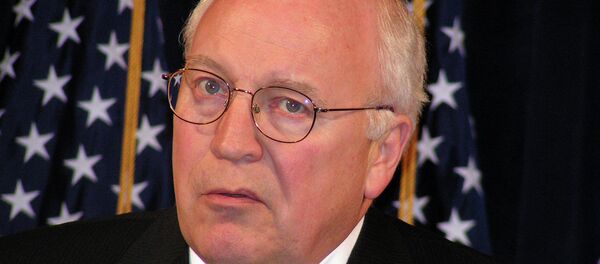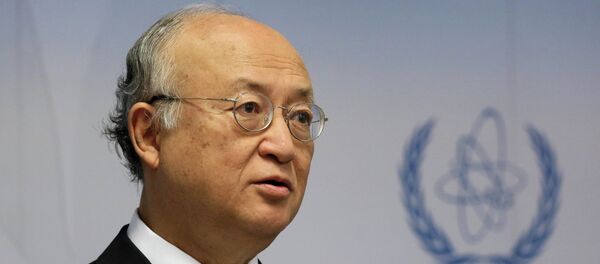VIENNA (Sputnik) – Russia will begin transporting low-enriched uranium of less than 20 percent from Iran no earlier than January-February 2016 due to amount of unresolved technical issues, a high-ranking diplomatic source in Vienna said.
“The technical issues on this subject can be resolved no earlier than the beginning of next year,” the source told RIA Novosti. He specified that January-February was the time frame under discussion.
“There is a huge amount of organizational and legal procedures, though the sides understand the need to complete them as quickly as possible,” the diplomatic source added.
On July 14, Iran and the P5+1 group of international negotiators — Russia, the United States, China, the United Kingdom, France and Germany- signed a historic deal to guarantee the peaceful nature of Tehran’s nuclear activities in exchange for sanctions relief.
Under the agreement, Iran must reduce its stockpile of low-enriched uranium by 98 percent, to 300 kilograms (660 pounds).
Moscow and Tehran agreed that Iran's excess low-enriched uranium will be exchanged for natural uranium.
Iranian Nuclear Deal Most Likely to Kick in Early Spring 2016
The nuclear deal between Iran and the P5+1 group struck in July will most likely be implemented in spring of next year after the majority of sanctions against Tehran are lifted, the source said.
“In reality, we’re most likely talking about early spring in February or March,” the diplomatic source told RIA Novosti.
“Work is continuing, but many procedures turned out to be more difficult than were anticipated during negotiations,” the diplomatic source said.
He added that two factors needed to be fulfilled before sanctions against Iran are lifted, namely the completion of technical procedures as well as a certain level of trust being reached.
Last Thursday, the Islamic Republic's Supreme Leader Ayatollah Ali Khamenei said Tehran's nuclear deal would collapse unless sanctions against the country are completely removed.
Russia Unwilling to Pay for Extra IAEA Checks in Iran
Russia will not finance additional inspections by the International Atomic Energy Agency (IAEA) in Iran because it is already contributing to a series of such measures under existing programs, the diplomatic source added.
"Since Russia’s stance is that the implementation of the Additional Protocol is sufficient, everything should be covered by the regular budget. If someone wants more, they can take on the obligation to pay [for it]."
IAEA signed a Roadmap for Clarification of Past and Present Outstanding Issues with Iran alongside Tehran’s Joint Comprehensive Plan of Action (JCPOA), agreed to by the six world powers on July 14.
The diplomatic source in the Austrian capital of Vienna named the transfer of low-enrichment uranium and the conversion of Iran’s Fordow facility as two of Russia’s existing commitments under JCPOA.
"These are rather considerable funds," the source said, adding that Russia is yet to "find the sources of funding to turn it from a loss-making project to a break even project."
Commenting on the call for funding, the diplomatic source said the IAEA would have "enough volunteers" to finance the additional measures, adding that Russia’s contribution to IAEA is expected to increase next year anyway.
The unnamed source clarified that the contributions from member states to the IAEA budget cover the nuclear watchdog’s monitoring and verification of the Iranian nuclear program.
Amano said on Monday that the IAEA would submit its questions to Iran by next week, in response to Iran's submission of a report on its past and present nuclear activity to the watchdog last month.





